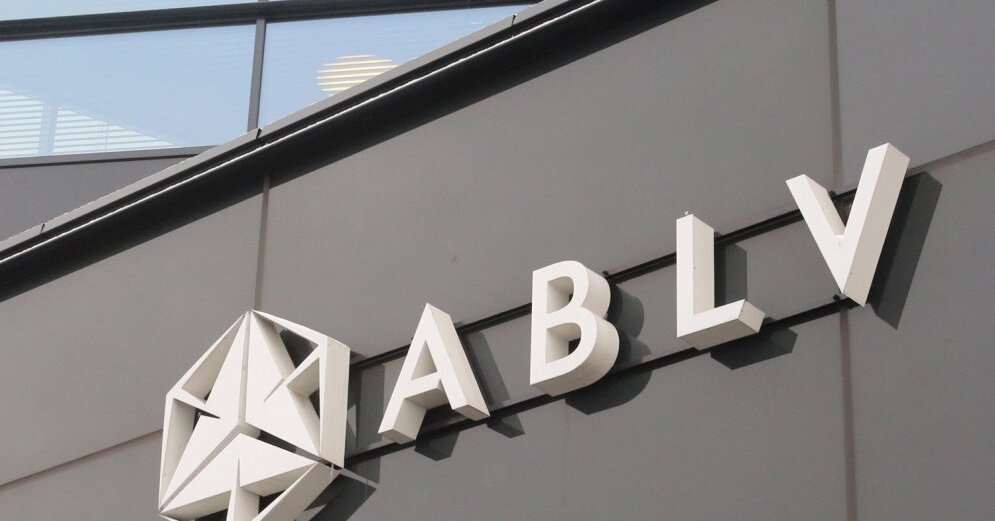Seen from Tokyo
Article reserved for subscribers
–Adversaries, academics, constitutionalists, writers, ordinary citizens … Many Japanese criticize the cost and organization of a national funeral for a controversial head of government with controversial and conflicting precedents.–
But why does Japanese Prime Minister Fumio Kishida want to organize a national funeral on September 27 for his predecessor Shinzo Abe, whose funeral has already taken place on July 12, four days after his assassination? The question may seem incongruous, yet it is the one posed by tens of millions of Japanese against this state tax.
In many countries it is considered normal to offer state funerals to former rulers (unless they have turned down this possibility in their lifetime). In Japan, it is a misunderstood exception that is controversial. Demonstrations of several thousand people (a rarity in the archipelago), petitions signed by hundreds of thousands of citizens, about fifteen complaints: according to all polls, more than 50% of the Japanese population is against a final tribute from the Shinzo Abe nation , prime minister from 2006 to 2007 then from 2012 to 2020. His assassination during a political meeting on July 8 is condemned unanimously and forcefully, but his dramatic death does not justify a political exception of this kind, judge the opponents who dismantle the arguments advanced by the executive.
“There is no legal basis for a state funeral,…
–
:quality(70):focal(1840x603:1850x613)/cloudfront-eu-central-1.images.arcpublishing.com/liberation/WUZPXT4AIFE2RMPJXZMFQAPBBQ.jpg)

